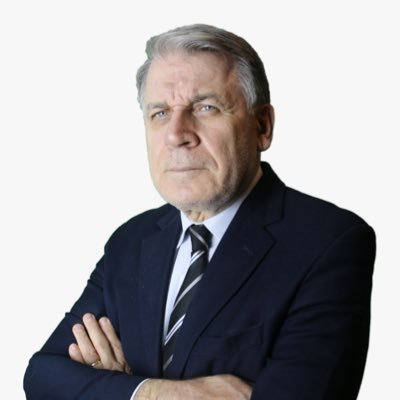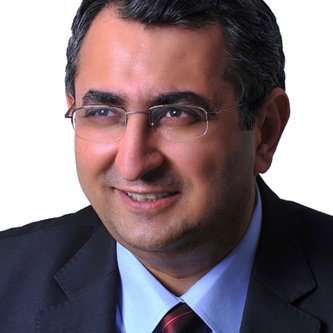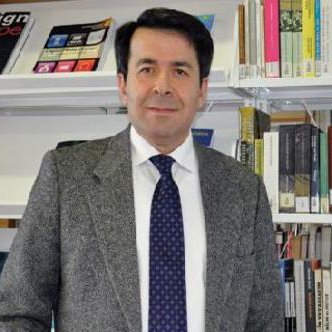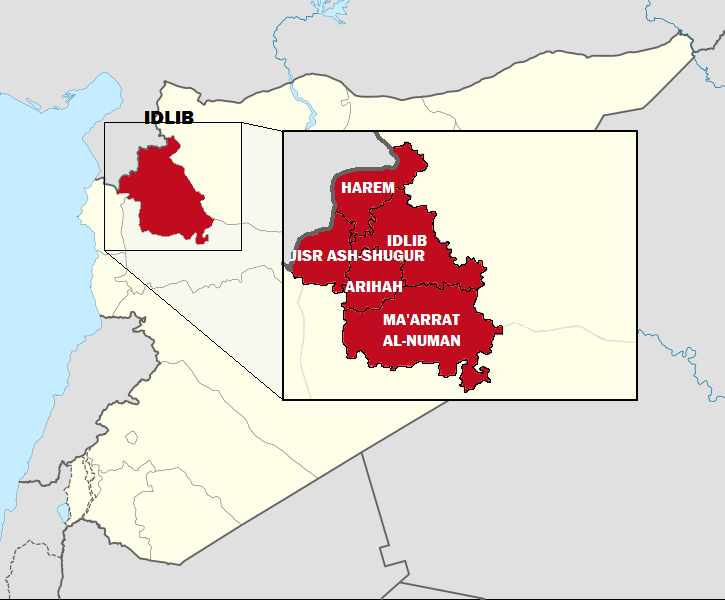Tensions between Turkey, Russia and Syria have risen dramatically after the killing of several Russian officers in Syria and the killing of 7 Turkish soldiers and a civilian in Idlib. We talked to experts about the crisis and possible outcomes for the situation in Idlib. Many experts stressed that the crisis between Russia and Turkey is most beneficial for the United States, one stressing that “an agreement between the two countries must be re-submitted.”
The Syrian Army has seized control of the most strategic settlement of the region, Saraqib, which is at the intersection of the M4 and M5 highways. The number of Turkish observation posts in the regime-controlled territory has increased to three. Turkish and Russian officials have met in Ankara to discuss the issue. We discussed the latest events and their effects on the region and the position that Turkey and the aforementioned countries should take with the former Head of Turkey’s Military Intelligence, Retired Lt. General Ismail Hakki Pekin, the President of ANKASAM Professor Mehmet Seyfettin Erol and Maltepe University faculty member and expert on International Relations Professor Hasan Unal.
https://uwidata.com/7752-turkeys-dilemma-in-idlib/
Retired Lt. General Ismail Hakki Pekin: ‘THE SOCHI AGREEMENT MUST BE RE-SUBMITTED’
Pekin stressed that, in light of the new situation, the Sochi Agreement should be revised and re-submitted. Pekin says that Turkey’s goal is to prevent the migration, stop terrorists from coming into the region and giving status to the groups it is supporting while preventing them from being identified as terrorists. He also added that the observation points can be pulled back to the north or to the northwest. Pekin says that the United States is watching the situation and rubbing its hands together in anticipation:
“We need to pull four or five of our observation posts to the north and northwest. We have to pull back to a buffer zone 15-20 km out of the Turkish border or into a safe zone. Taking it from there, we need to limit migration to that line and settle them at that point. With an agreement, Turkey can relocate its observation points a little more to the northwest and establish a buffer zone where we can host Syrian refugees. To do that, we need to shut down the border and take serious measures, because terrorists are sneaking inside alongside civilians.”
Pekin says that the United States is rubbing its hands together in excitement over the events: “This bilateral conflict has greatly excited the United States, which is now patting Turkey on the back. They assume that if there is a disruption between Turkey and Russia, Turkey will grow to them. The disruption between Turkey and Russia is predominantly beneficial for the United States. Turkey must clearly say what it wants. Can we still comply with the Sochi agreement at the current juncture? I think it is quite improbable. Therefore, a new agreement must be made from scratch. This new agreement will benefit both Syria and Turkey.”

The President of ANKASAM, Professor Mehmet Seyfettin Erol: ‘A NEW PROCESS MUST BE INITIATED’
Erol stressing that Turkey and Russia must reach a new agreement regarding the situation in Idlib.
“It seems that the Astana and Sochi processes have largely lost their meaning after the Idlib offensive. The issue of trust between the parties has deepened. Likewise, I do not think that the Adana agreement will offer a solution, as a matter of fact, there are intense discussions and tensions between the parties of the agreement. Fundamentally, with the Idlib offensive, there is now a serious diplomacy problem for Turkey. Therefore, the most important element in resolving the Idlib crisis today would be the declaration of a new agreement between Russia and Turkey, taking the current events in the region into account. A deal that takes the current situation and needs into account could help eliminate discord and conflict on the negotiation table and in the field. As a result, Russia and Turkey will be decisive in resolving this crisis, which is critical not only in the region, but also in the context of the reconstruction of the global balance of power.
We know that Idlib is a redline for Turkey and that the conflicts in the region will reflect back onto Turkey as a wave of migration. For Turkey, this is a serious security problem. Idlib has an important place for the future of Turkey’s security policies oriented around its close perimeter. Therefore, it is unlikely that Turkey will back down around the Idlib issue.”

Professor Hasan Unal: ‘MUTUAL MISTRUST SHOULD BE ELIMINATED’
Stressing that the Astana process should not be disrupted by this crisis, Unal explained the role of the Astana countries: “Turkey must correct its mistakes in its Syrian policies. Concerns from the Astana countries and the Syrian government must be decided. The promises made on Syria’s territorial integrity should be fulfilled, and distrustful behaviors should be avoided. Turkey must announce that it will support the Syrian government to establish an effective sovereignty on its lands. Syria must conduct an operation to clear Idlib from terrorist elements. However, the Turkish Armed Forces must take these necessary measures with Russia and the Syrian Army in order to ensure that a migration wave does not channel towards Turkey. An agreement should be signed between Turkey, Russia and Syria on this issue. A separate agreement must be made in order to prevent a wave of migration and to send Syrian refugees in Turkey back to their home country. Russia must be committed to assisting in this process. The Idlib agreement must be revised according to current conditions.”


















Leave a Reply